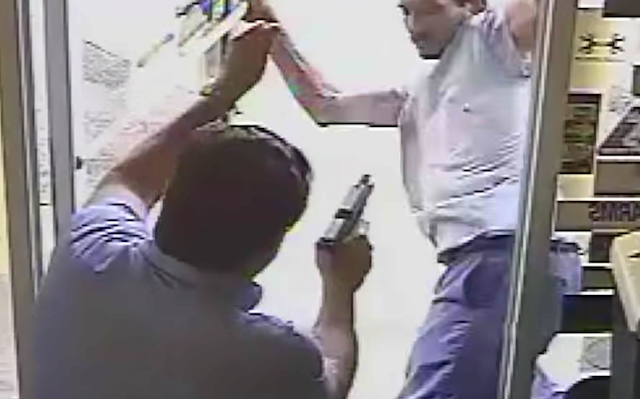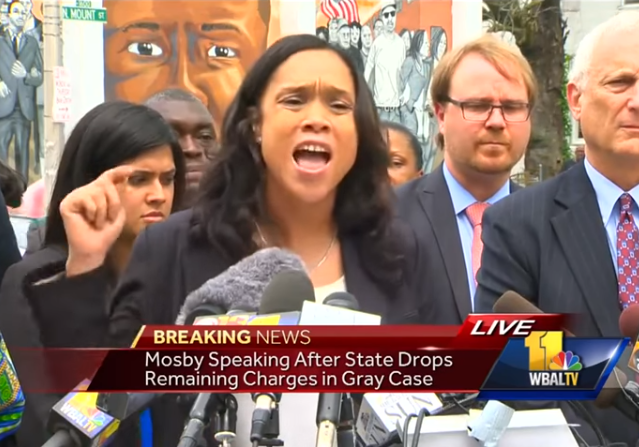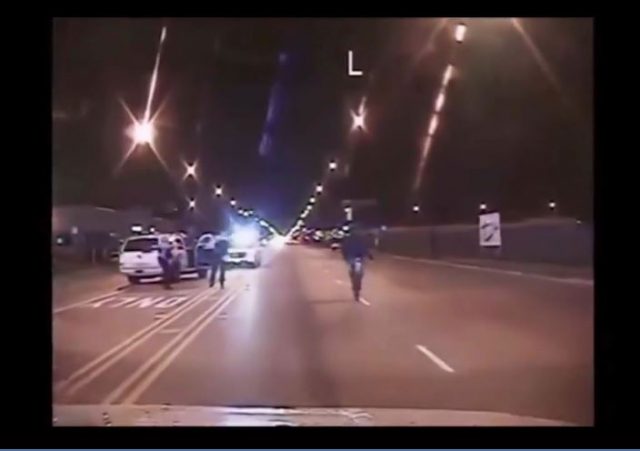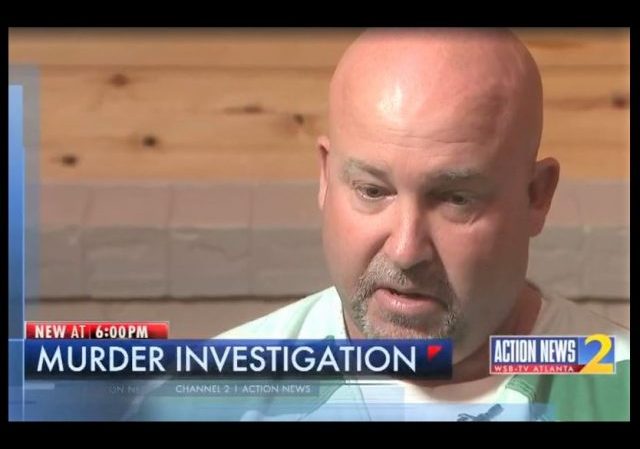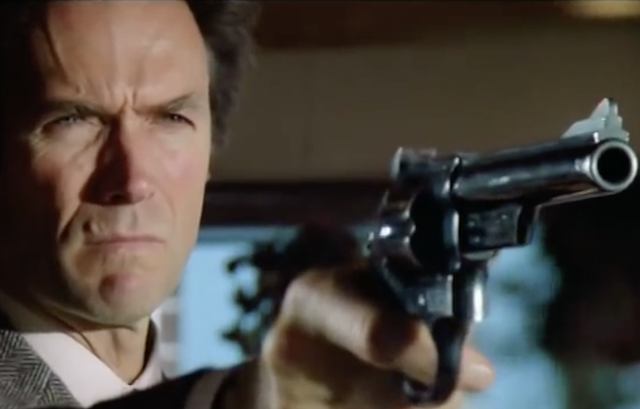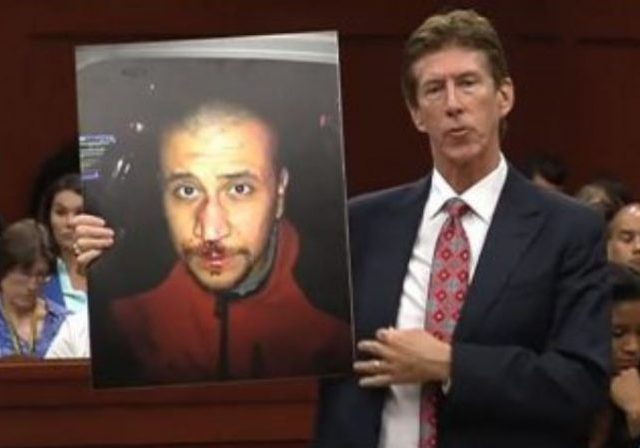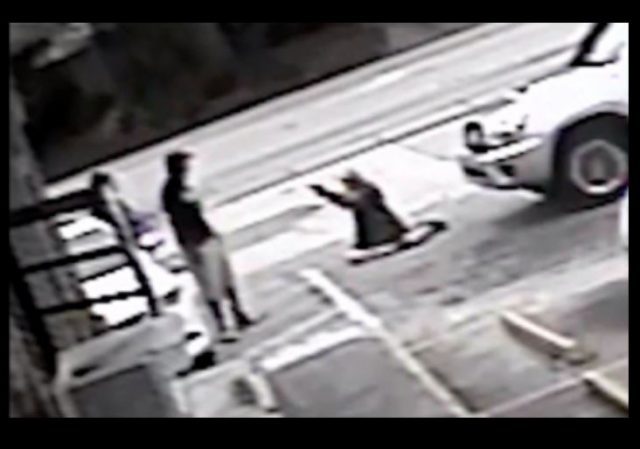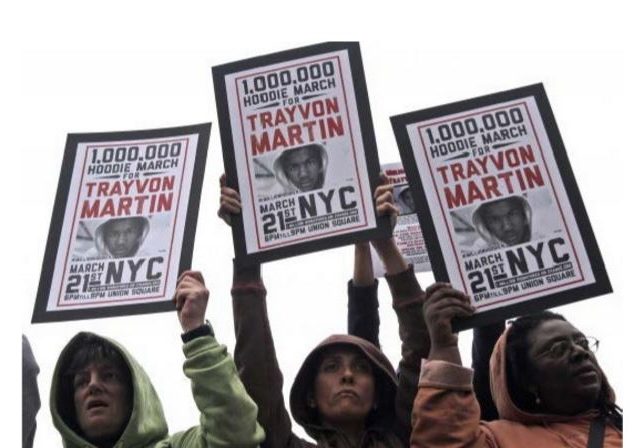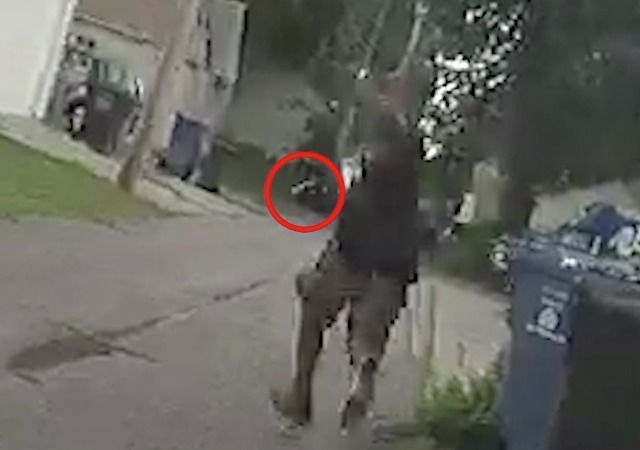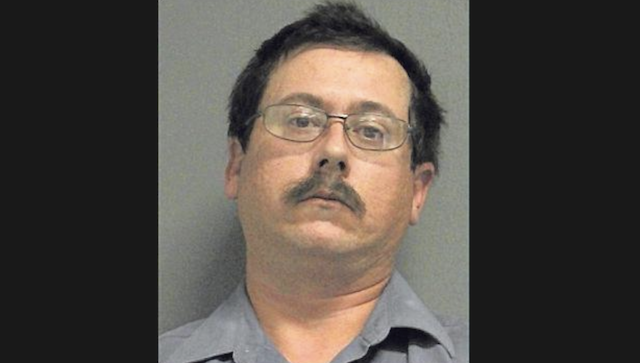Law of Self Defense: Use of Deadly Force Against Shoplifter Stealing A Hatchet
on October 18, 2018
107 Comments
On October 3, 2018, Michael Dunn—a City Commissioner for the city of Lakeland, FL—shot and killed Cristobal Lopez as Lopez shoplifted a hatchet from Dunn’s store, reports TheLedger, a local paper.
The shooting occurred as Dunn was attempting to stop Lopez from leaving the store with the hatchet. The store's security recording captured the struggle at the door, the shooting, and the rapid demise of Lopez. You can be view below our video analysis of this shooting:

